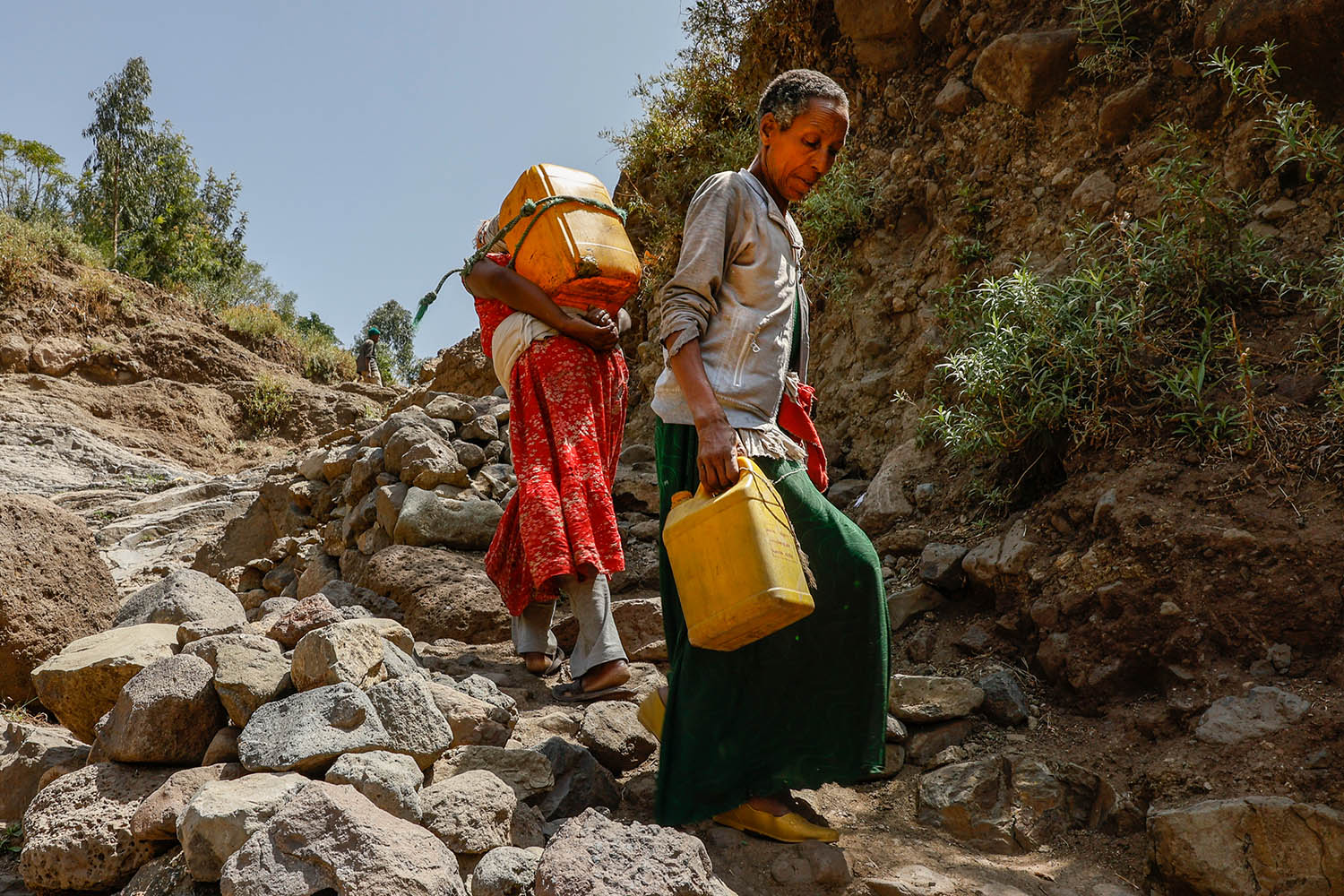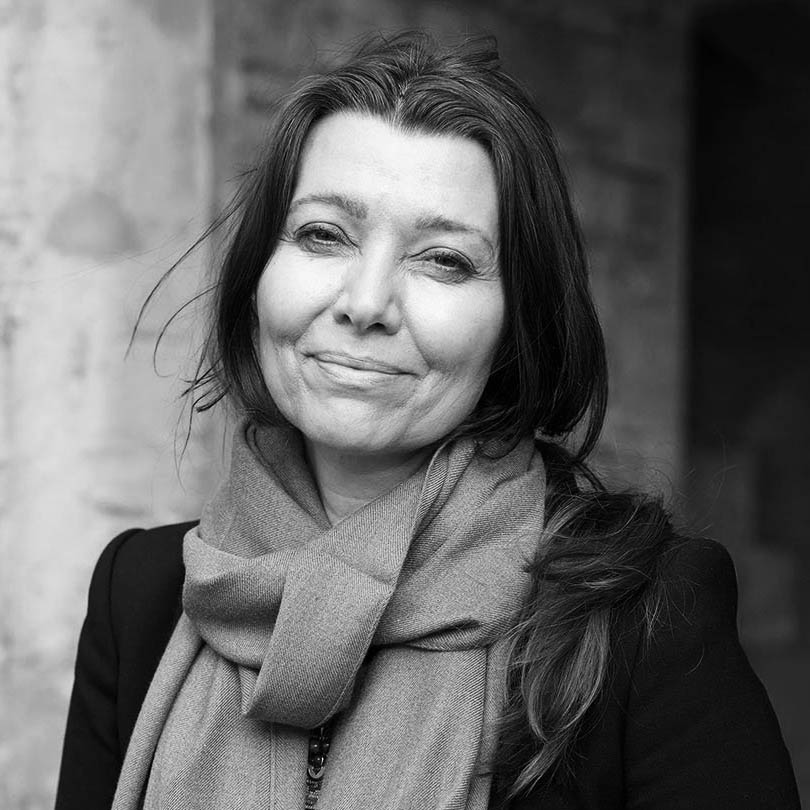Climate crisis is, essentially, the story of water. It is a story of troubling extremes: floods and droughts. In the words of Emily Dickinson: “Water, is taught by thirst. Land–by the Oceans passed.” That thirst is growing, as demand for fresh water will outstrip supply by 40% by the end of this decade, according to the Global Commission on the Economics of Water. Already half of the world’s population is experiencing water scarcity.
Since Dickinson died, in the 1880s, global mean sea level has risen between 21cm and 26cm. Today, with melting glaciers and heavier rainfall, the rate of the rise is accelerating and it has more than doubled in the past 30 years. These unprecedented shifts in our seas cause irreversible losses of vulnerable marine and island ecosystems, directly affecting the livelihoods of millions of people living in coastal areas and beyond. The UN Ocean Conference, starting on Monday in Nice and co-hosted by the governments of France and Costa Rica, is being held against this background. It is one of our last chances to mobilise resources, action and knowledge to protect our planet as we reach the midway point of “the Ocean Decade”.
Water has long been an obsession for me, as a British-Turkish writer who comes from a part of the world where freshwater scarcity is not an abstract hypothesis concerning the future but an acute reality in the present. Out of the most water-stressed 25 countries today, the majority are in the Middle East and North Africa.
Lack of drinkable water affects everything, exacerbating extremism
Lack of drinkable water affects everything, exacerbating extremism
Our rivers are dying. Our rivers are drying up – every day the shorelines recede a little more. The loss has massive consequences for everyone, but it is women, children and the poor who bear the burden disproportionately. The lack of drinkable water affects everything, exacerbating poverty, unemployment and extremism. It also reinforces gender violence. Women in traditional societies bring water to their communities. When there is no drinkable water nearby, the distance that a young woman has to walk grows, increasing the likelihood of sexual violence.
In our minds, we tend to put all these problems in neatly separate categories: here is the box for “climate crisis”, here is the one for “freshwater scarcity”, and there is the box for “gender inequality” or “racial disparity”. But, in reality, everything is connected. Literature reminds us why these connections matter. It also gently dismantles the duality of “us and them”, rehumanises people who have been dehumanised, and makes the invisible a bit more visible.
In my novel There Are Rivers in the Sky, I followed the journey of a single, small raindrop through borders of time, culture and geography. I focused on two rivers that are close to my heart, the Thames and the Tigris.
The Tigris was for a long time a liquid graveyard, misused and mistreated by autocrats. In the 1990s, Saddam Hussein dammed and drained the wetlands, brutally destroying the marshes. After the invasion of Iraq, the river was polluted heavily by oil derivatives, industrial waste and military waste. Over the years, hundreds of bodies have been pulled out of the water, many bearing signs of torture. The fragile ecosystem and biodiversity of the ancient Mesopotamian landscapes have been damaged by droughts, pollution, upstream damming and heavy metals.
The Thames is a miracle. A zombie river. Two hundred years ago it was horribly mistreated as a dumping ground for industrial waste and human excretion; 50 years ago parts of it were declared biologically dead. Yet today it is home to a large variety of marine species. We should admire the Thames, be in awe of its ability to renew itself. Yet once again, this time in the name of greed and profit, water companies are pumping sewage back into the waterway. According to the UK’s Environment Agency, the amount of raw sewage that was spilt into England’s rivers and seas doubled in 2023.
Oceans have long been regarded as an ally in the fight against climate change. They are our planet’s biggest carbon sink, absorbing 90% of the excess heat generated by greenhouse gas emissions. But, just like rivers, oceans demand to be treated with dignity and protected. From the seemingly insignificant and humble seagrass, which absorbs 10% of carbon, to the coral reef ecosystems that are ravaged by heatwaves in the water, our oceans require immediate action to take care of them.
We are neither above nor outside nature. Our stories and destinies are deeply connected. We are tied to each other as fellow human beings, tied to the wellbeing of rivers and trees.
Newsletters
Choose the newsletters you want to receive
View more
For information about how The Observer protects your data, read our Privacy Policy
Even a single drop of fresh water cannot be taken for granted.
Photograph by J. Countess/Getty Images

